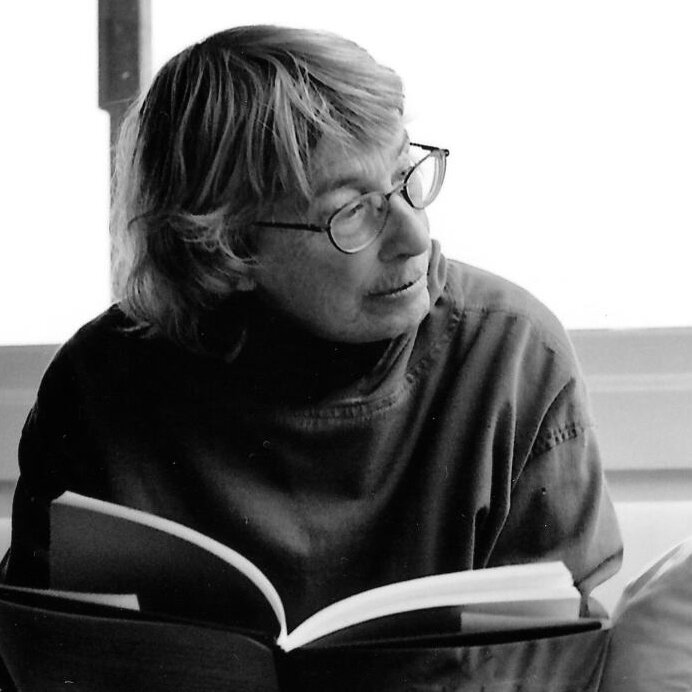You do not have to be good.
You do not have to walk on your knees
For a hundred miles through the desert repenting.
You only have to let the soft animal of your body
love what it loves.
Tell me about despair, yours, and I will tell you mine.
Meanwhile the world goes on.
Meanwhile the sun and the clear pebbles of the rain
are moving across the landscapes,
over the prairies and the deep trees,
the mountains and the rivers.
Meanwhile the wild geese, high in the clean blue air,
are heading home again.
Whoever you are, no matter how lonely,
the world offers itself to your imagination,
calls to you like the wild geese, harsh and exciting -
over and over announcing your place
in the family of things.
Published:
2004
Length:
Regular
Literary Movements:
Contemporary
Anthology Years:
2020
2025
Themes:
Agency
Faith & Hope
Mental Health
Nature
Poems of the Everyday
Literary Devices:
Anaphora
a figure of speech in which words repeat at the beginning of successive clauses, phrases, or sentences
Imagery
visually descriptive or figurative language, especially in a literary work
Interrupted Clause
a word group (a statement, question, or exclamation) that interrupts the flow of a sentence and is usually set off by commas, dashes, or parentheses
Polyptoton
The use of multiple words with the same root in different forms.
Simile
a comparison between two unlike things using the words “like” or “as”

